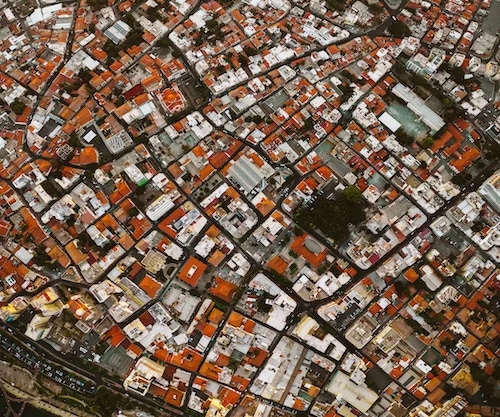What is in store for us regarding real estate in Cyprus?
In 2022 we saw a positive trend with new sales rising by 35 per cent in deposited real estate sales contracts. At the same time it is worth noting the increase in foreign buyers by approximately 100 per cent from the previous year.
It seems that despite the problems the market is facing in general, Cyprus has not been affected overall. The increasing interest rates on loans, the soaring building costs, the war in Ukraine and so on have not had a major effect on the market and values seem to be holding firm, except for agricultural land in certain areas.
Sales to the foreign market make up a small percentage of the total in terms of numbers of units sold, however, in terms of value make up more than 20 per cent of the total.
The Cyprus tax system is a major attraction as is the stable political situation and our EU membership.
In addition to foreign demand, the year of 2022 saw millions in compensation/redundancy payments to bank employees and others, whose funds found their way into the local real estate market, once they has bought new cars…
But foreign demand props up the market. There has been noticeable interest from shipping companies to be based here, as well as IT firms. Most recently the Kassatly Group from Lebanon announced it will be relocating here. There is also heavy interest from Israel, which ranges from the buying out of local hospitals, to large scale residential and office development, including the Larnaca port.
I feel at times that Cyprus will be bought up by the foreign market and perhaps this will have a negative effect on locals. I am not against foreign sales, but it makes me wonder what the situation will be after say five years, and more importantly what the effects on the local population will be.
We are already seeing rising rents, with student accommodation that locals can’t afford and even driving away foreign students.
Since foreign demand is primarily for Limassol – approximately 70 per cent of the total – its market is benefitting the most but the negative effects on the locals are already being felt.
Whatever the government is trying to do to alleviate the housing problem is just not enough.
The year 2023 will continue to sustain its brisk activity mainly in urban areas.
I expect Limassol will continue its upward trend with a rise of approximately 5 per cent on the previous year, Nicosia around 3 per cent, Larnaca around 1-2 per cent, Paphos approximately 5 per cent and the Famagusta area 5 per cent.
It is notable that the Central Bank of Cyprus index, although it records the negative effects on real estate from increasing building costs, inflation and increasing interest rates, mentions that these are not reflected necessarily in reduced demand or a negative effect on prices. It seems that the numerous infrastructure projects under way and foreign demand constitute a buffer against the negative factors.
Antonis Loizou & Associates EPE – Real Estate Appraisers & Development Project Managers, www.aloizou.com.cy, [email protected]







Click here to change your cookie preferences